The World Trade Organization's (WTO) 13th Ministerial Conference (MC13) officially came to a close on Saturday morning in Abu Dhabi, having lasted until Friday at midnight.
No agreement was made there either since the industrialized and leading emerging nations could not agree on two crucial issues: subsidies for agriculture and fisheries.
Permanent solutions for public stockholding (PSH) of food have been extensively sought for by India and a few other developing countries.
Both the US and the EU rejected settling on the matter, seeing it as a trade-distorting policy.
Due to significant disagreements between the nations, the second phase of the fisheries subsidies accord, which called to outlaw subsidies for overcapacity and overfishing, was likewise rejected.
The agreement's initial phase, which was approved at MC12 in Geneva, forbids government assistance with illicit, unreported, and unregulated fishing, as well as fishing on the high seas and overfished stocks.
However, despite objections from India and a few other nations, the e-commerce prohibition will remain in place for another two years.
It implies that during that time, there won't be any customs fees associated with electronic transmission. Developed nations strongly supported the moratorium.
Members resolved to strive toward "having a fully and well-functioning dispute settlement system accessible to all members by 2024" regarding dispute resolution reform.
Bangladesh and other graduating LDCs are granted an additional three years following graduation to acclimate to the rules and procedures of the World Trade Organization concerning the dispute settlement mechanism.
For three years following graduation, they will also benefit from capacity building and technical support tailored to LDCs from the WTO. However, there isn't a legally binding agreement on whether the graduating LDCs' preferred market access will continue.
"We reaffirm the provisions of special and differential treatment for developing Members and LDCs as an integral part of the WTO and its agreements," the declaration said.
"Special and differential treatment in WTO agreements should be precise, effective, and operational." In her closing remarks, WTO DG Okonjo-Iweala noted.
"We have worked hard this week," she added. While we have accomplished some significant goals, we have failed to finish others. Nevertheless, we made a significant advancement with those pieces of labor. While doing so, we have set the stage for more significant accomplishments for the WTO."
MC13 Chair and UAE Minister of State for Foreign Trade, Dr. Thani bin Ahmed Al Zeyoudi, commended participants for their active participation in the conference during the closing session.
Trade ministers and senior officials from 164 members of the WTO joined the MC13 on Monday.
Due to their inability to agree on important matters over these few days, the meeting was continued on Friday. The meeting was attended by a group of eight representatives from Bangladesh, led by State Minister for Commerce Ahasanul Islam Titu.
End//voice7news.tv



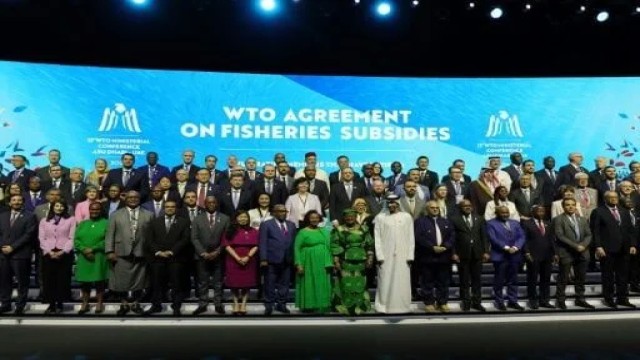






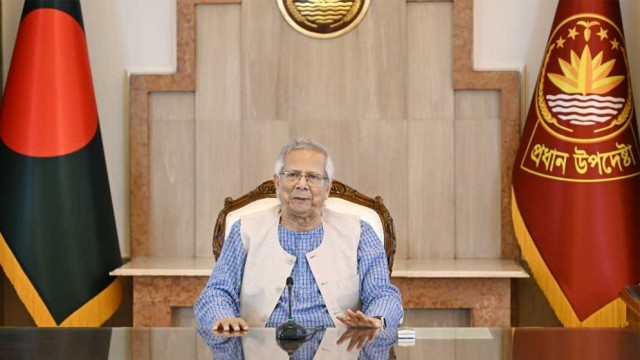
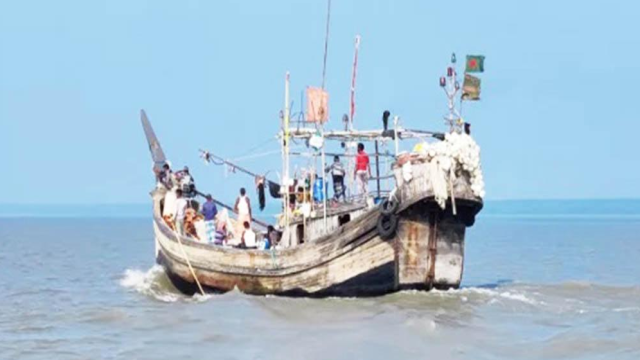
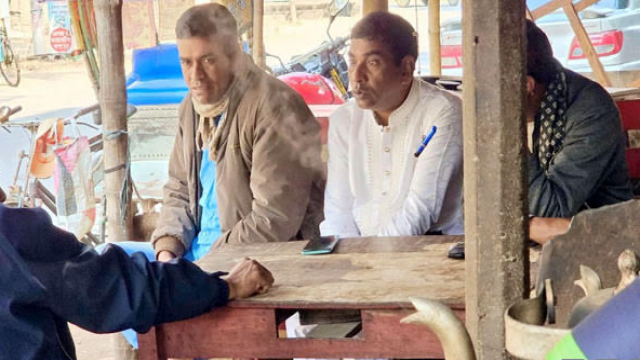



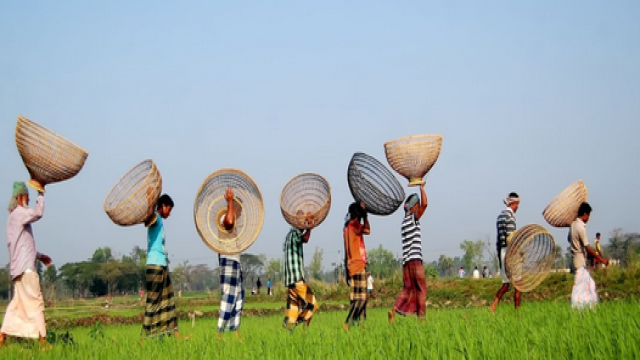
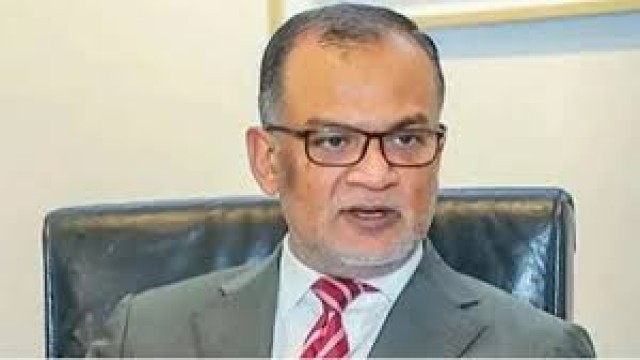

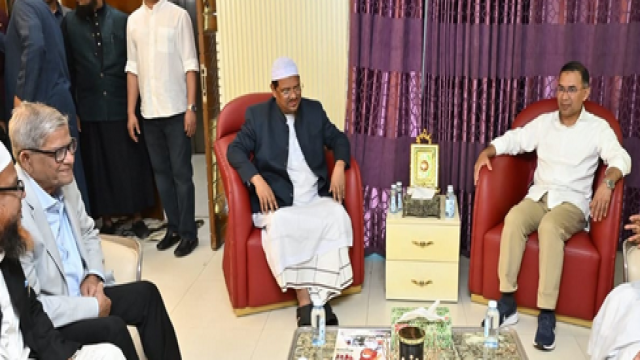











Comment: